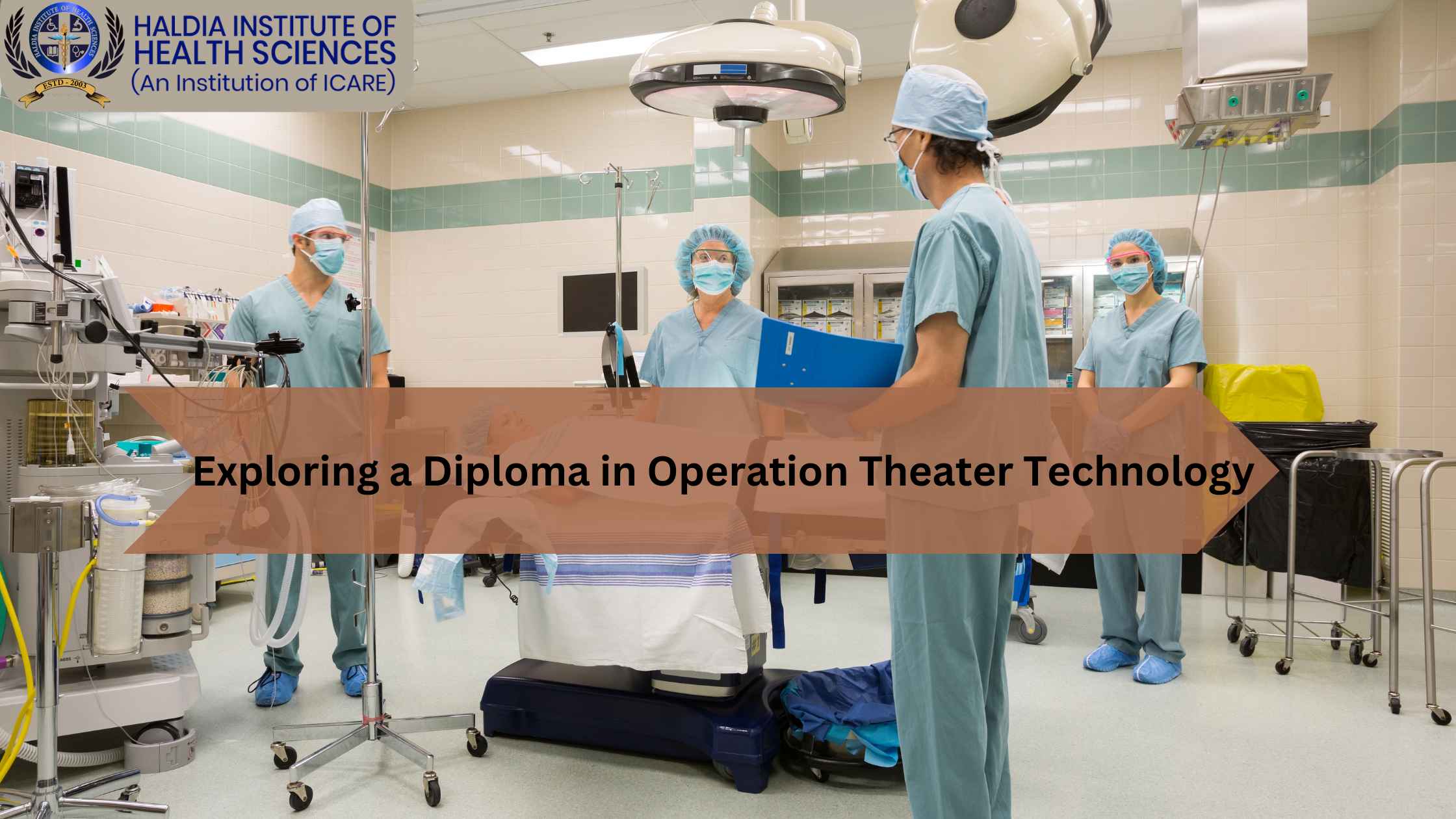Latest Notifications

Blog

Exploring a Diploma in Operation Theater Technology
A Diploma in Operation Theater Technology (DOTT) is a two-year diploma program that prepares students to work as operation theater technicians (OTTs) in hospitals and other healthcare settings. OTTs play a vital role in the surgical process, assisting surgeons and other healthcare professionals in preparing the operating room, setting up and maintaining surgical equipment, and providing care to patients during and after surgery.
If you are considering exploring a Diploma in Operation Theater Technology, here are some things to keep in mind:
What are the prerequisites? Most DOTT programs require students to have completed high school with a science background. Some programs may also require students to have completed certain college courses, such as anatomy and physiology.
What are the courses involved? DOTT programs typically cover a wide range of topics, including anatomy and physiology, microbiology and infection control, surgical procedures and instrumentation, anesthesia and pain management, patient care and monitoring, and sterilization and supply management.
What is the clinical training like? In addition to classroom instruction, DOTT students also participate in clinical rotations in hospitals and other healthcare settings, where they gain hands-on experience working in operating rooms and other surgical areas.
What are the job prospects like? OTTs are in high demand, and the job outlook for this profession is expected to grow much faster than average over the next decade.
What is the salary like? OTTs typically earn competitive salaries. The median annual salary for OTTs in the United States is $49,660, according to the U.S. Bureau of Labor Statistics.
If you are interested in pursuing a Diploma in Operation Theater Technology from Haldia Institute of Health Sciences, there are a few things you can do to explore this career path:
Research DOTT programs in your area- There are many different DOTT programs available, so it is important to do your research and find a program that is right for you. Consider factors such as the program's location, cost, accreditation, and clinical training opportunities.
Visit operating rooms- If possible, visit operating rooms to see what it is like to work in this environment. This will give you a better understanding of the role of OTTs and the surgical process.

